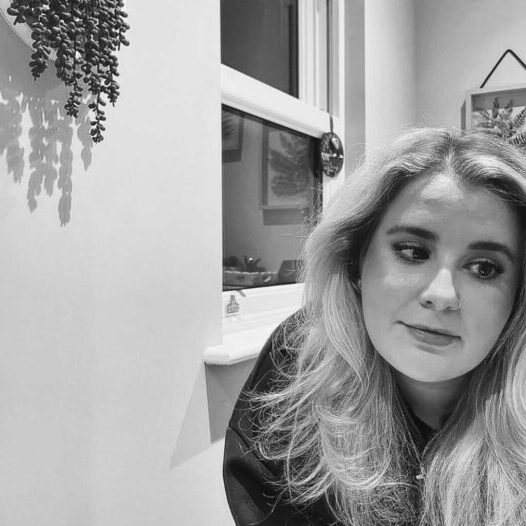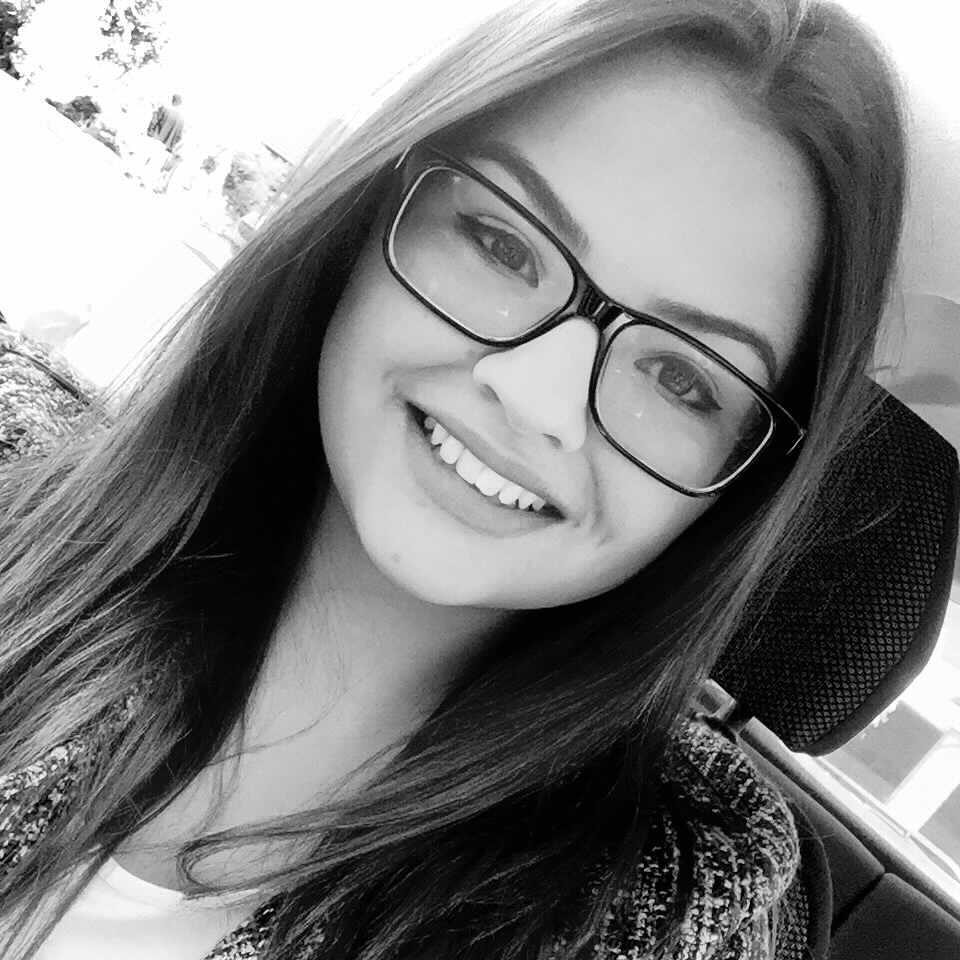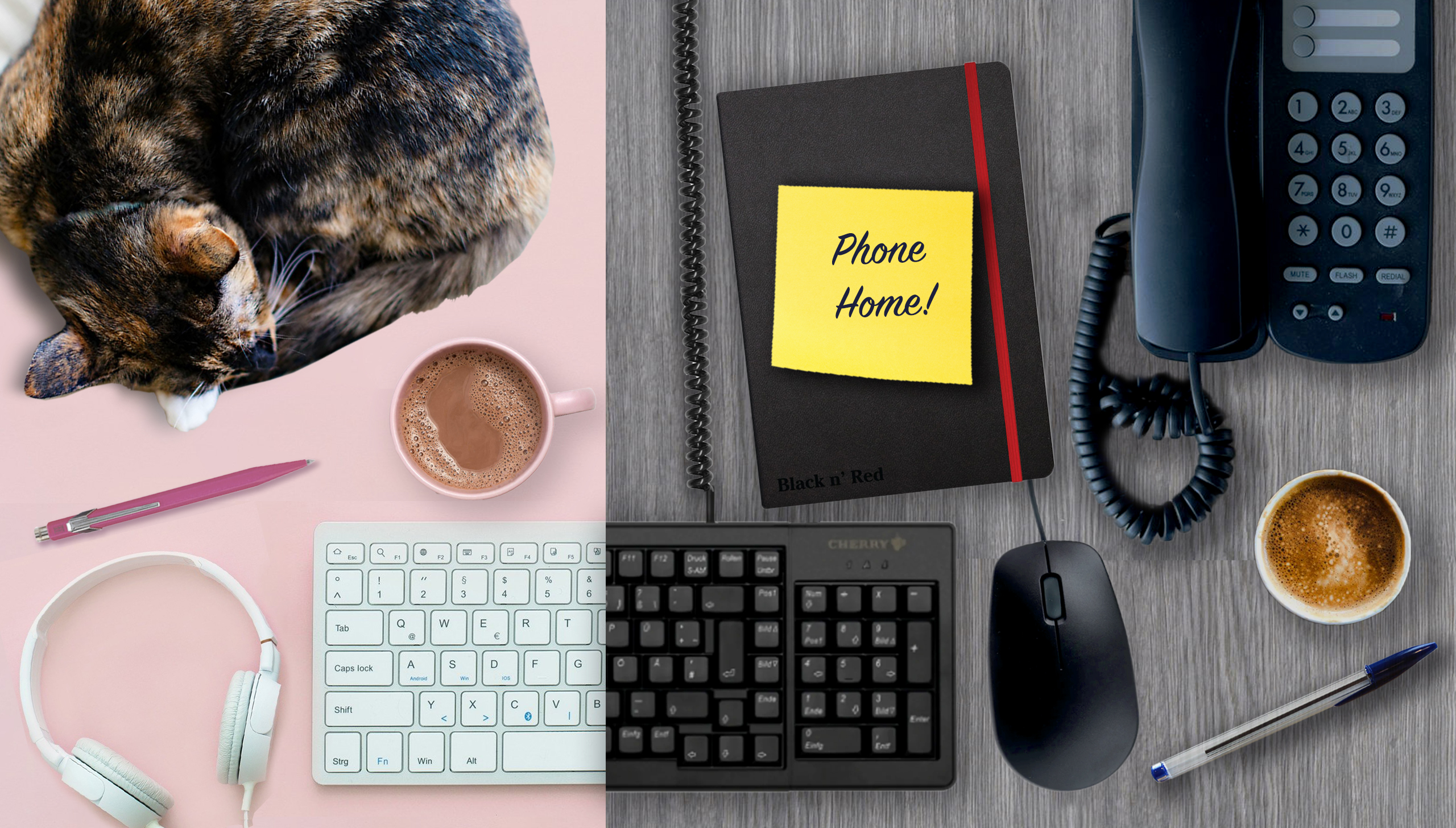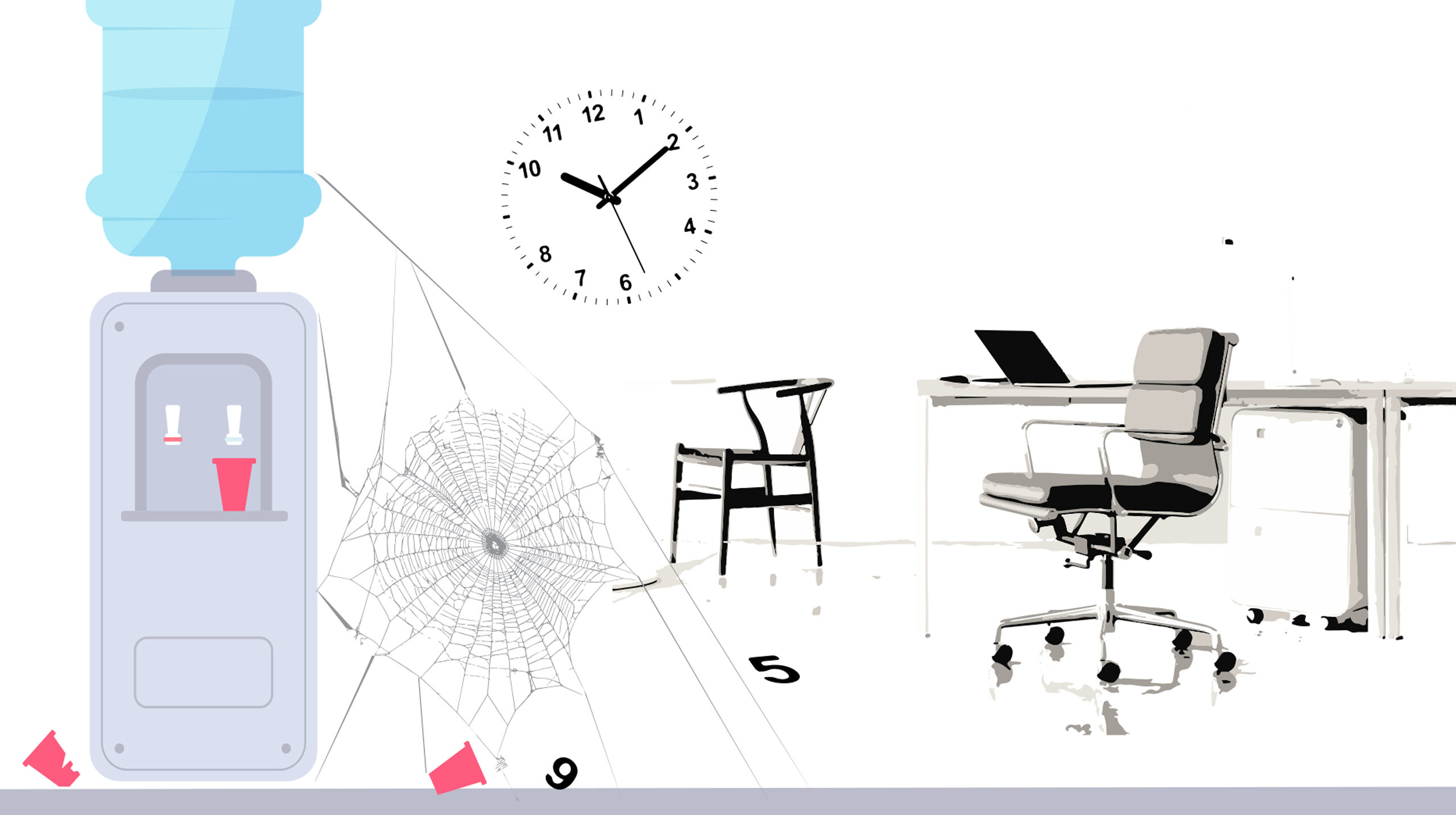In March 2020, the majority of office workers were faced with an imminent, unfamiliar future – working from home. Many had to relearn how to work: remotely, communicating with colleagues online, and managing the ever-changing demand on home broadband.
That experience of home working has been different for everyone. Some have adapted better than others, and some still cling to the hope that office working will return to the way it used to be.
When we canvassed on the future of our office, we noticed two viewpoints that were very different from the majority. Amelia Franklin and Liz Williams both started in 2020, the year of the pandemic. Their experiences, and their ideas for the future of work, threw us some interesting curveballs.
We sat down with the two of them and started an open discussion on their past, present and future views of working, and how we can use that to shape the way we work.
What was your experience with work before Cohesive?
LW: In April 2020 I left the NHS after working there for seven years (long time, I know) – but that job got me through my A-Levels, my undergraduate degree and my postgraduate degree, until I was ready to find my forever career. That wasn’t an office job. My workplace was a hospital and, in that context anyway, working from home was never an option.
AF: I’ve worked in an office environment before but it was a completely different experience. There were only three of us – my manager, his wife, and me – so I didn’t quite get that same office experience as you do when you’ve got lots of colleagues, especially your own age. At the same time, we were in a big building with loads of offices, big and small, around us so I was faced with plenty of the cons of office life (fighting over parking spaces, stolen milk from the communal fridge, some selfish bugger microwaving fish and stinking out the building), but without many of the perks. We did have an office dog though, Jeff the Maltese!
How did you find the transition to WFH?
AF: I was only in the office with Cohesive for two weeks before we started working from home, but in just that short space of time I managed to really bond with the team. We had a few company meals out, we went down to London for St David’s Day, and I even managed to meet a few journalists face-to-face. However, with no previous PR experience I was mostly shadowing colleagues, reading trade publications and getting to know my clients in that time. So when the pandemic got worse and we were sent home, it was a challenge to start properly getting into my responsibilities with no in-person training.
LW: For the 12 months prior to starting work at Cohesive I had been working remotely to complete my Masters degree, while juggling my NHS work. So I didn’t really have to transition to working from home – it was something I was already accustomed to.
I started my first day at Cohesive having not actually met anyone in-person.
All of my interviews were done via Zoom, and my induction was also done via Zoom. My laptop and other equipment was dropped off, adhering to social distancing guidelines, and that was my life – working from home, learning from home and trying to grow professionally without any of the usual professional input you would get from working in a shared environment.
AF: For me, the first three months of working remotely were the hardest. Sometimes I loved the freedom of being at home, being able to work from the sofa if I wanted to, not having to get up early to get dressed and travel to work, not having to pre-make or buy lunch, and I loved actually being able to cook for myself if I fancied it.
On the other hand, my home situation wasn’t exactly ideal. My parents were both furloughed, and my older brother, who lives in London and works in the theatre, had moved back home as all of his projects were on hold.
Emotions came in waves – sometimes optimistic, sometimes miserable and burnt out. Still trying to grasp the basics of my new job, I was working from a full house of people that had nothing to do and nowhere to go.
Mostly I worked from my bedroom which didn’t feel healthy as I was resting, sleeping and working all from the same space.
What problems did you face working from home that might not have been faced in the office?
AF: I definitely missed face-to-face interactions, as some conversations are just easier in person rather than on Zoom or over message. Working remotely, you don’t lose all communication but you do lose the general chit chat of being in the office – I’ve learnt that those little conversations can be so important. You also lose visibility of what your colleagues are up to. In the office, you can look over and see that someone is deep into something or that they look free. Working from home, you have to ask. But you also don’t want to ask all the time, so it’s hard to strike a balance between feeling needy and over communicating, and not talking at all.
In the beginning, I was also nervous about leaving my desk or going offline. You have this impression that everyone is always working so you feel like you should be doing the same. Again, it was hard to strike the balance.
LW: For me, it’s hard to answer – because every problem I have solved, I’ve solved working from home. There were times over the last 12 months I never imagined going into an office to work. All I have known for the majority of my working life with Cohesive is remote working – so how can I know if my problems would be easily solved by working in an office?
What is your experience with the transition back to the office?
LW: Well, it took me just under 12 months to finally meet my colleagues, which in itself is impressive. Something else that’s different for me – whereas the rest of my colleagues are fitting in well, and adjusting to the move without many hiccups, I am peering through a lens of someone who has only known one way of working through the pandemic, and that is at home, by myself, with dodgy internet and a dog that keeps me on my toes.
When you’re used to relying on yourself more than your colleagues you feel a sense of confusion when you’re thrown into a world where collaboration is key. Don’t get me wrong, I’ve worked collaboratively with everyone from Cohesive for the last 12 months, and we have done it successfully (at least we would say so ourselves). The difference is that, whereas I am used to my own working patterns and my own working mannerisms, I now need to be conscious that I am in a world where everyone around me matters.
Before last month, these people were faces on a screen I would see maybe an hour a week. Everything was organised to the tee, and everyone knew where to be and when to be there – now there is more confusion, and I’m finding it harder to adapt.
AF: As restrictions started slowly lifting in June 2020, my parents went back to work and my brother moved back to London, and home started feeling a bit more peaceful again. I’ve now settled into a really good routine working from home.
But with almost 18 months away from the office, I’m definitely ready for face-to-face interactions with colleagues again. I’m a very social person by nature so those silly little conversations you have about the weather, what’s good on TV and what you’re having for lunch keep me going (and they’re just not the same on Zoom!). That being said, I couldn’t even imagine returning to the office full time. I still enjoy saving money on petrol and parking, cooking lunch at home, and being able to pop out for a walk or to the post office whenever I need to.
You can’t take a lunchtime nap in the office!
But popping in one or two days a week, whether for a few hours or the whole day feels like a good balance for me.
What are your hopes for the role of the office?
LW: When all you know is your own company, the future of working in the company of others is daunting to say the least. Don’t get me wrong, I am excited to actually get to know the people I work with more, and I am excited for the collaboration opportunities we now have access to with a shared space at least once a week; but I have also noticed how I am more productive and eager at home, when I’m in the office there isn’t an urge to get work done – is that because that isn’t my work space?
AF: I think my main hope for the future of the office is that element of freedom. Right now, I feel I’ve got autonomy over the way I work. I’ve got the right to choose. And I don’t want that to be interrupted.
LW: The battle in my brain is the biggest challenge to overcome.
The future of work will need to adapt to the way I have grown to enjoy and be successful in what I am doing.
Working 24/7 in an office is not what I want, and the pandemic working regime has shown me that I am successful when I am left to my own devices. But I also do not want to lose track of the work I signed up for BC (before Covid). In an ideal world, the office will no longer be an office, it will be a hub of collaboration – which I think Cohesive is doing a damn good job of creating. I don’t think I could ever work 9 – 5 in an office again, not that I ever have!
And from two fresh and insightful viewpoints at the grass roots, to the bigger picture. Jason Smith analyses a wealth of new social data for The Clec, concluding that The Great Work Disruption is well and truly underway.
If you’d like to share you story or opinion with us, leave us some comments, or reach out on any of the channels below. We’d love to hear from you.






What do you think?